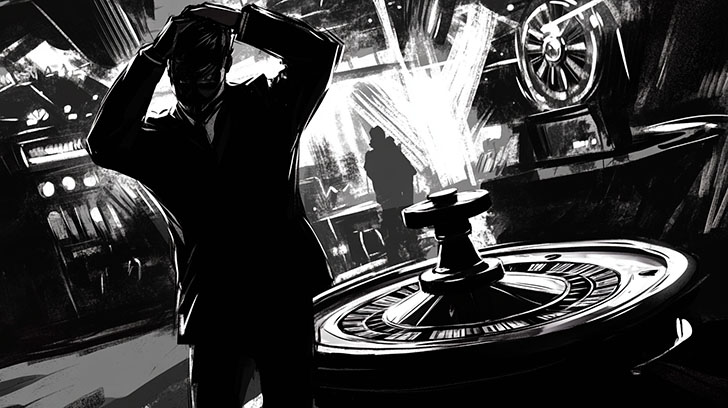Discover 10 idiomatic expressions with the verb 'dar' that Brazilians use in everyday life! Simple examples to help you improve your conversations in Portuguese.
1- Dar à luz
This expression is used to talk about the birth of a baby, in other words, the act of "having a child."
Ela deu à luz uma menina ontem
She gave birth to a baby girl yesterday
A mãe deu à luz no hospital
The mother gave birth at the hospital

2- Dar dor de cabeça
It means that something or someone is causing worries or problems.
Esse projeto está me dando dor de cabeça
This project is giving me a headache
O trânsito aqui sempre dá dor de cabeça
The traffic here always causes problems

3- Dar uma mão
When someone "gives a hand," it means they are helping another person.
Você pode me dar uma mão com essa caixa?
Can you give me a hand with this box?
Ele sempre dá uma mão quando preciso
He always gives a hand when I need it

4- Dar um toque
We use this expression to say that we are going to notify or remind someone of something.
Me dá um toque quando chegar em casa
Give me a heads-up when you get home
Ela vai me dar um toque amanhã sobre a reunião
She will give me a reminder tomorrow about the meeting

5- Dar no pé
This expression means to leave quickly from a place, usually in a situation of haste or danger.
Quando ele viu a polícia, deu no pé
When he saw the police, he ran away
Precisamos dar no pé antes que chova
We need to leave before it rains

6- Dar o troco
It means to retaliate or take revenge for something someone did.
Ele deu o troco depois de ser criticado
He got back at them after being criticized
Ela vai dar o troco quando tiver a chance
She will get revenge when she has the chance

7- Dar azar
This expression means that something went wrong due to bad luck.
Eu dei azar e perdi o ônibus
I was unlucky and missed the bus
Ele deu azar no jogo de futebol
He was unlucky in the soccer match

8- Dar conta de
We use this expression to say that we managed to accomplish a task or handle something.
Será que eu dou conta de fazer isso sozinho?
Can I handle doing this alone?
Ela não deu conta de tanto trabalho
She couldn’t handle so much work

9- Dar sopa
It means that someone is vulnerable or unprepared, giving an opportunity for something bad to happen.
Você não pode dar sopa andando com o celular na rua
You can’t walk around with your phone exposed in the street
Esse projeto está me dando dor de cabeça
This project is giving me a headache

10- Dar uma bronca
When someone "dá uma bronca," it means they are reprimanding someone, usually in an energetic or stern manner.
O professor deu uma bronca na turma
The teacher scolded the class
Minha mãe me deu uma bronca por não arrumar o quarto
My mom scolded me for not tidying my room

Conclusion
By learning these new expressions, you will be better prepared to understand everyday conversations and speak Portuguese more fluently. Use these expressions in your next conversations and practice a lot to further improve your language skills! To dive even deeper into studying Portuguese, don't forget to watch our video “USEFUL TIPS FOR SPEAKING BRAZILIAN PORTUGUESE NATURALLY | HOW TO IMPROVE YOUR SKILLS”.





